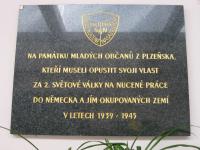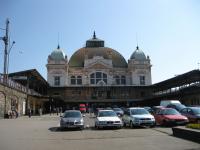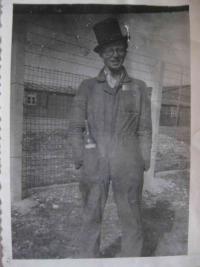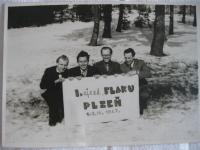I can say I was simply lucky for having gotten to the Flak group.
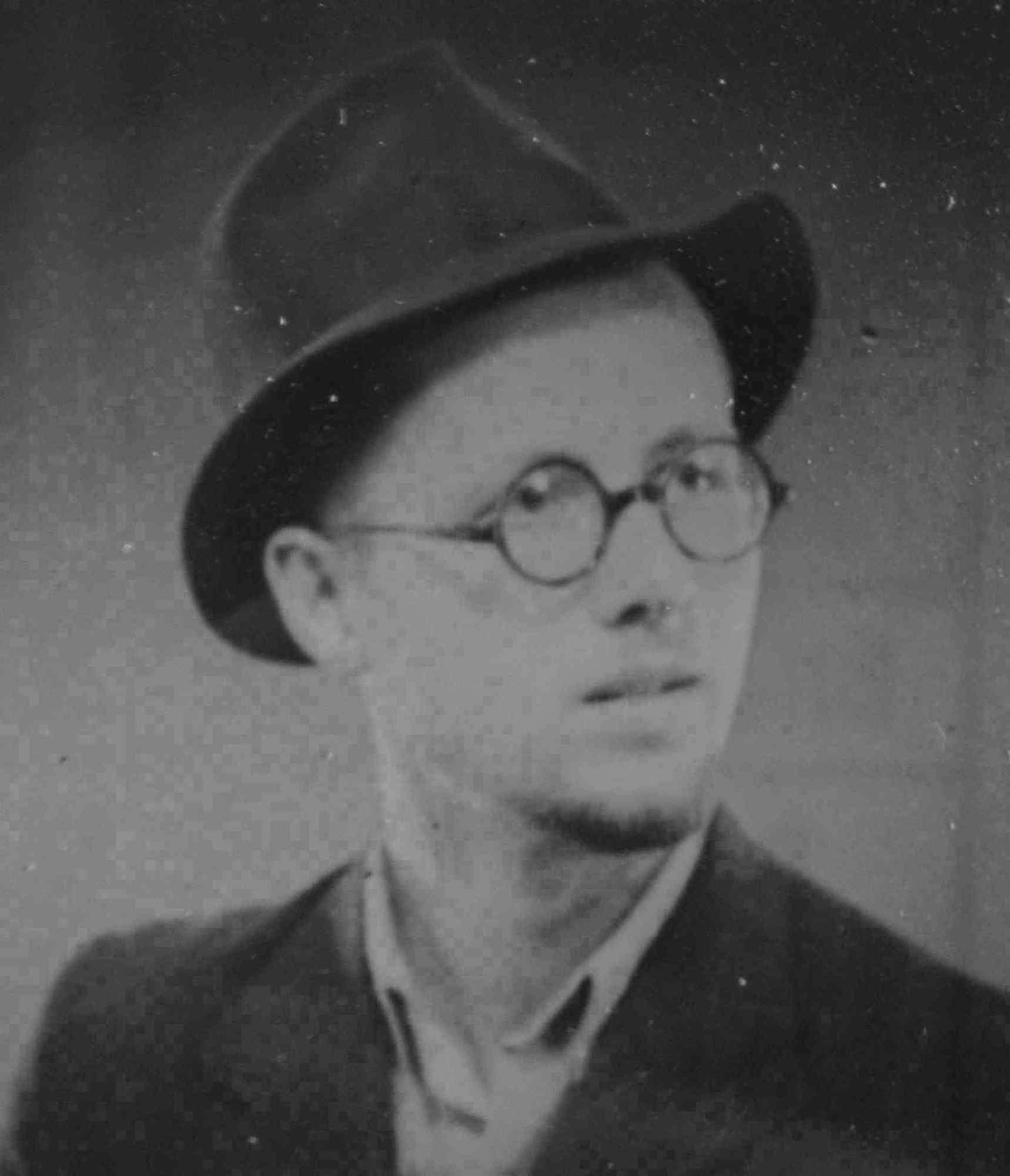
Download image
František Herget was born in 1923 in Pilsen. His father was a railway worker. František studied with a trade academy and then worked as an accountant. On January 18, 1943 he was deported for forced labor in Germany like many other people his age. He was working in a depot of antiaircraft defense in Schleissheim near Munich. He remained there until April 1945 when he returned home. In 1945-1947 he was doing his compulsory military service in the Tachov region. He later began working in the financial department of West Bohemian Consumer Association (which was renamed Jednota after 1948, present-day COOP). He stayed there until his retirement and to this day is active in the auditing commission of the association. After the war, he began organizing reunions of friends whom he had met during forced labor. Since they were assigned to the so-called Flak (Anti-aircraft) depots, they called themselves “Flakaři.” He was also active in the Union of Forced Laborers. František Herget died on 7 August 2020.
